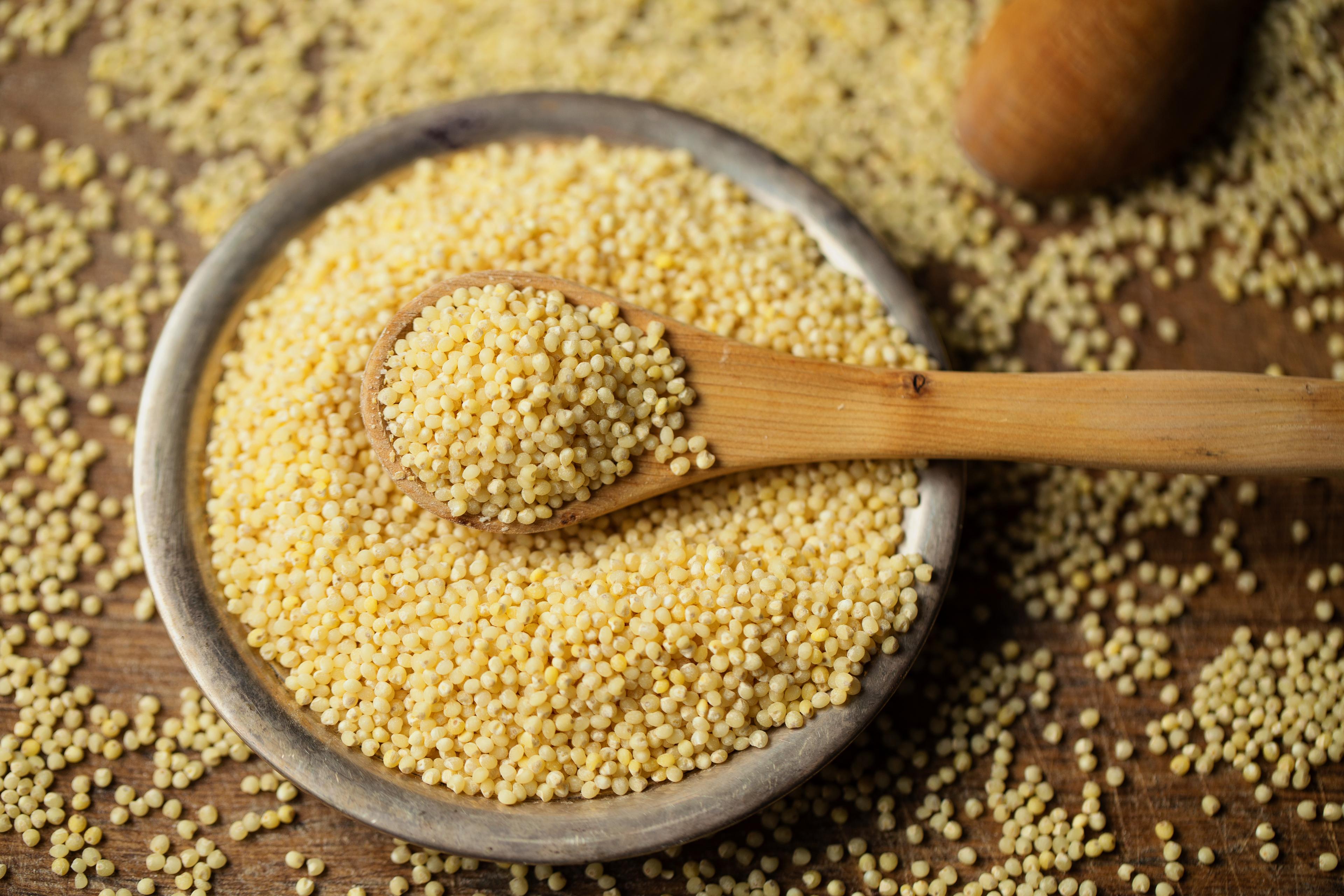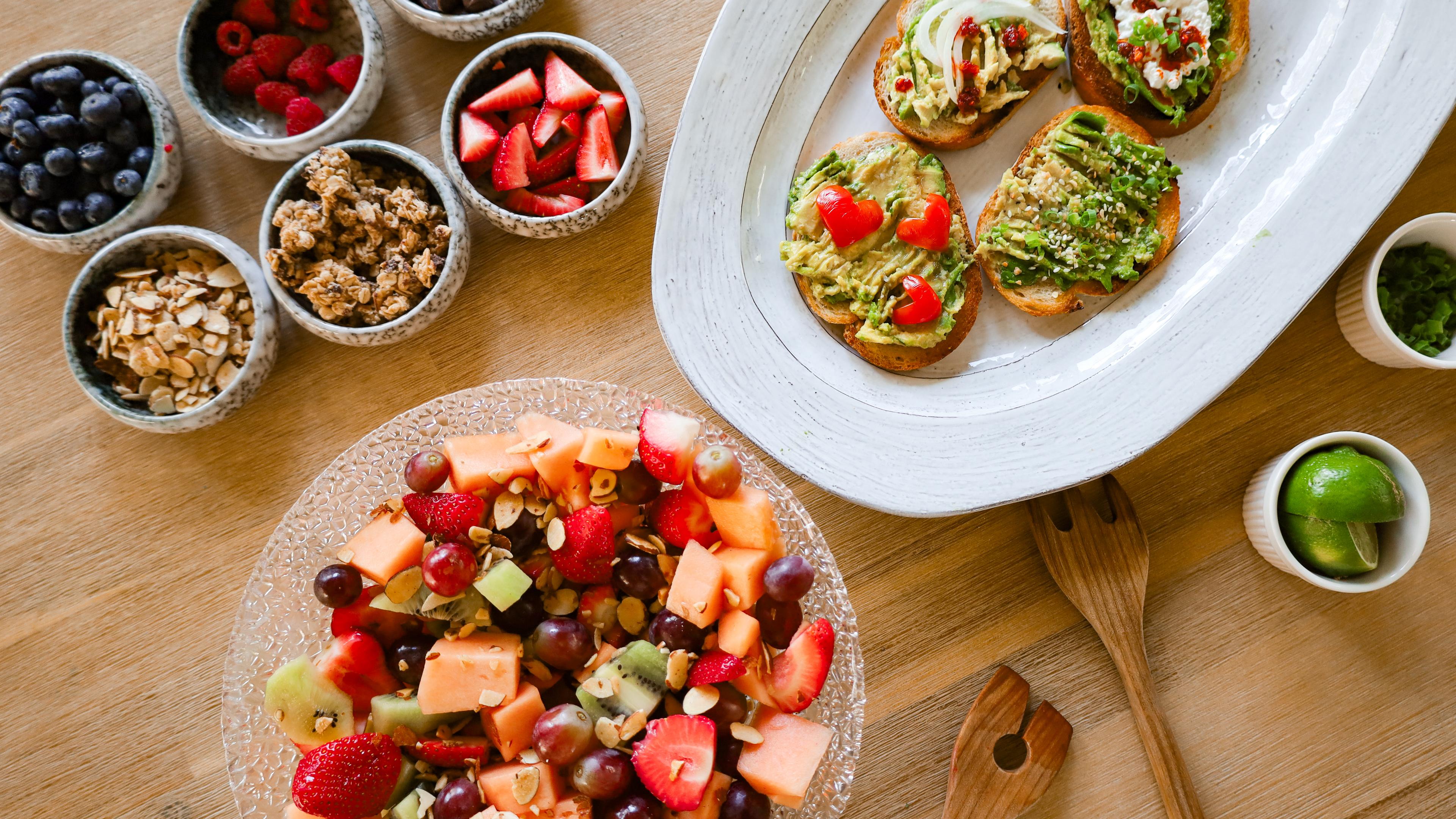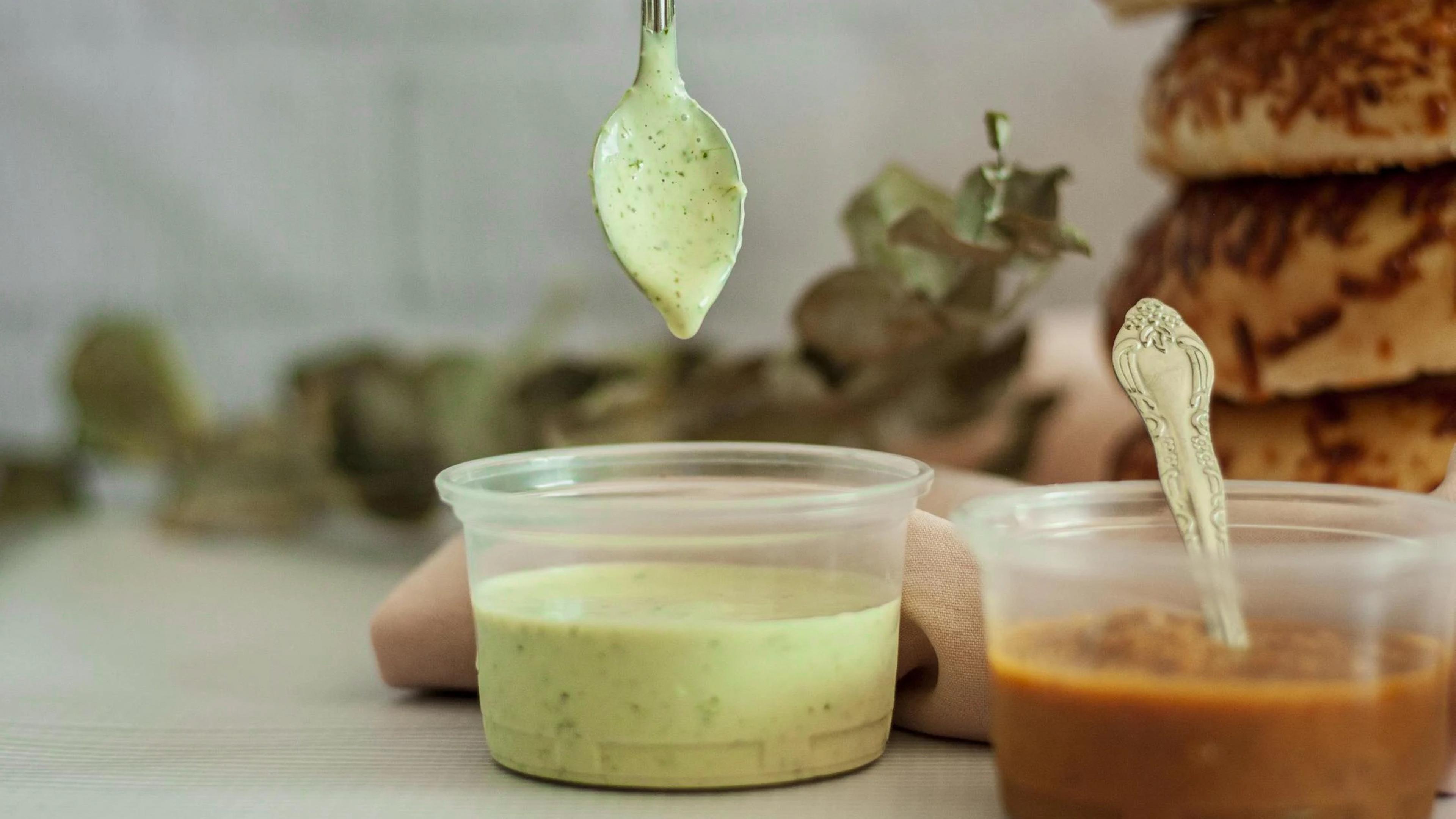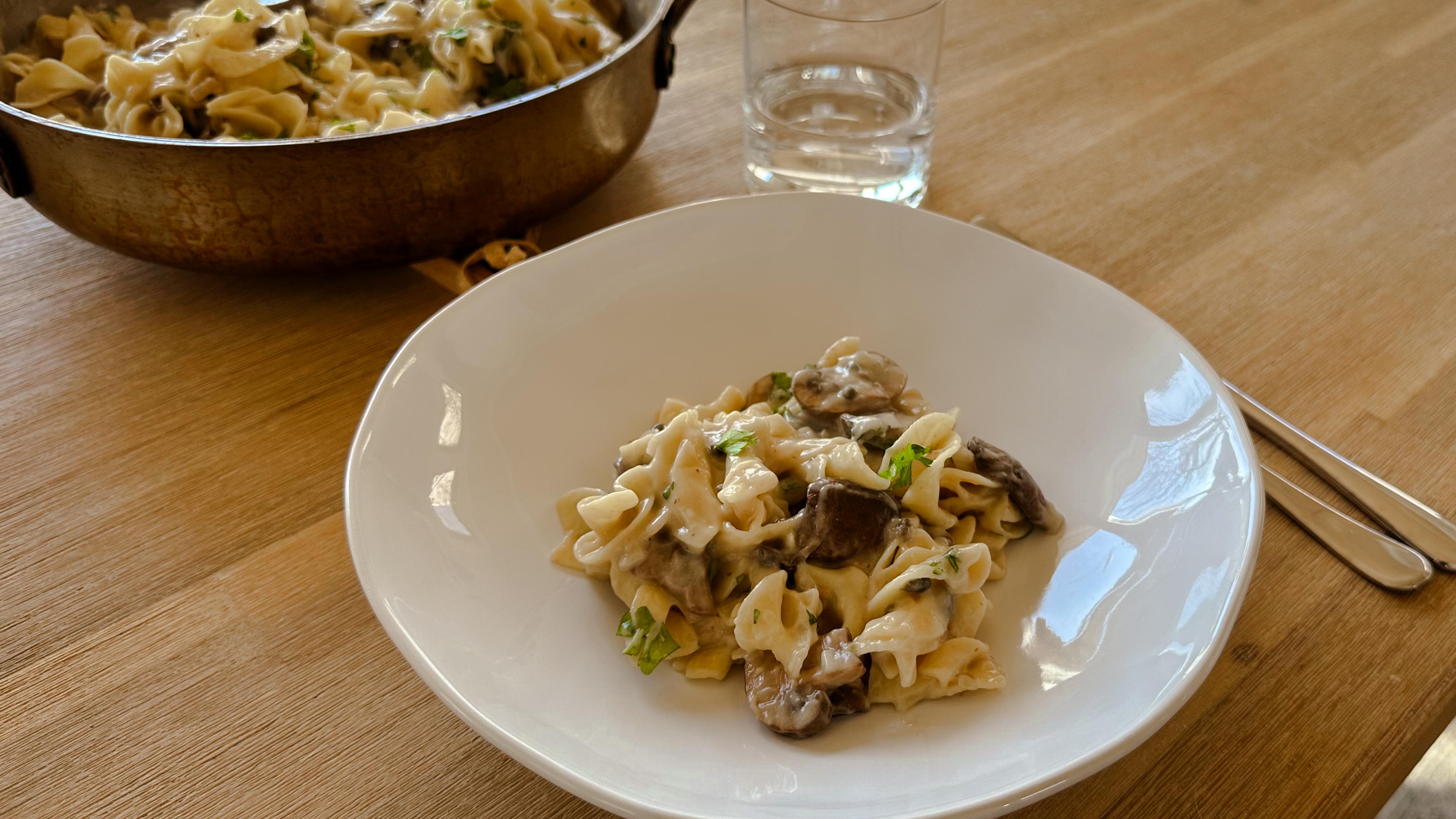I’m majoring in public relations with a minor in political science at Wayne State University. I’ve always had a love for writing, reading and communicating, and I'm so excited to go into PR when I graduate! I grew up dancing and continued my passion into college on the dance team at WSU. In my free time, I enjoy shopping, working out and eating ice cream.
The History of a Michigan Staple: Pasties
2 min read
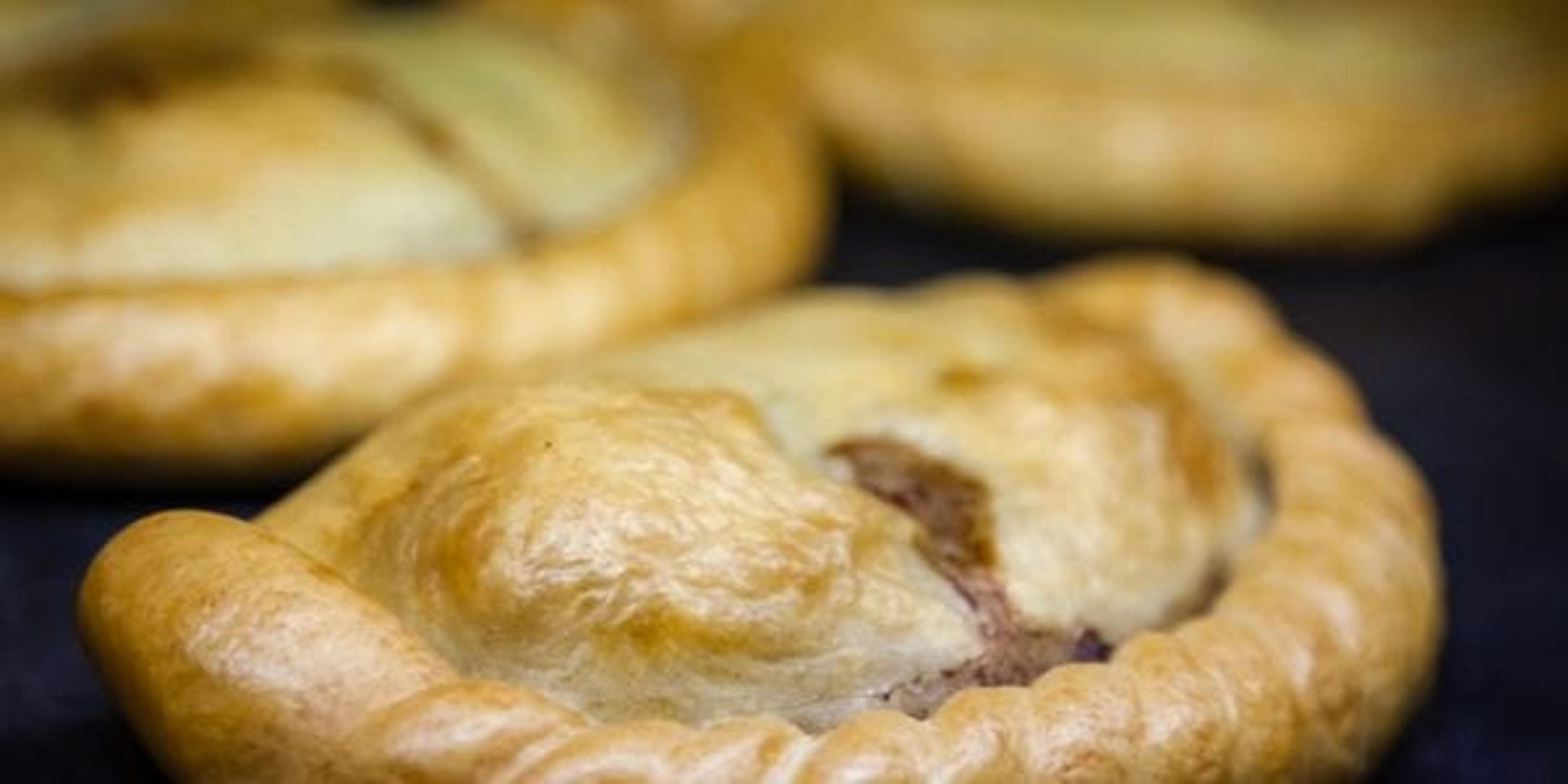
When you think of the Upper Peninsula’s favorite food, what’s the first thing that comes to mind? Pasties, right? The “pot pie without a pot”, pasties have become a northern Michigan staple. Not only are they a flavorful handheld pastry but are also rich in Michigan history.
History of the pasty
The pasty came to the United States when Cornish miners immigrated here in the 1840s. The dish can be dated all the way back to 1150 in England. The pasty gained popularity with miners because it was easy to bring into the mines, kept them full throughout the long workdays and could stay warm up to 10 hours. If the pasty did become cold, miners could easily heat them up by placing it on a shovel and warming it up over a heat-lamp candle. A pasty once started a mining fire when a miner forgot about his pasty warming and the lard caught fire.
The crust of pasties were often initialed so the workers would know which pasty belonged to them. The cook could customize each one based on the miner’s preferences. Miners would leave the crust for the mine ghosts and goblins they believed inhabited the mines, which saved workers from consuming the arsenic dust on their hands.
Once mining ended, the pasty lived on through the Finns and Italians. When the Mackinac Bridge opened in 1957 allowing tourism to the U.P. for Lower Peninsula Michiganders, pasties started to be sold in restaurants. Governor George Romney made May 24 statewide National Pasty Day in 1968 to celebrate the bridge between the Lower and Upper Peninsula cultures.
What's in a pasty?
While the pasty spices differ between recipes and nationalities, something they all have in common is potatoes and onions. The traditional Cornish pasty has sliced vegetables while the evolved Yooper pasty has diced vegetables. The correct way to eat a pasty is from the top down, so if you don’t finish the 2-pound pastry you can save it for later. The U.P. pasty is eaten with ketchup only, but if you want to identify yourself as a tourist you can ask for gravy.
- Barb’s Pasties and Pizza in Clawson
- King Arthur’s Pasties in Grand Blanc and Flint
- Pastry Peddler in Ann Arbor
- Apple Knockers in Vicksburg
- Mr. Foises Pasties in Cadillac
- The Chat and Chew in Glennie
- Lawry’s Pasty Shop in Marquette
- Dobber’s Pasties in Escanaba
- Muldoons Pasties and Gifts in Munising
Related:
- Michigan’s 177th Birthday: 177 Things to Love About the Mitten State
- 50 Reasons Why Michigan is a Foodie Paradise
- MI Downtown Hotspots for Small Business Saturday
Photo credit: pawopa3336


